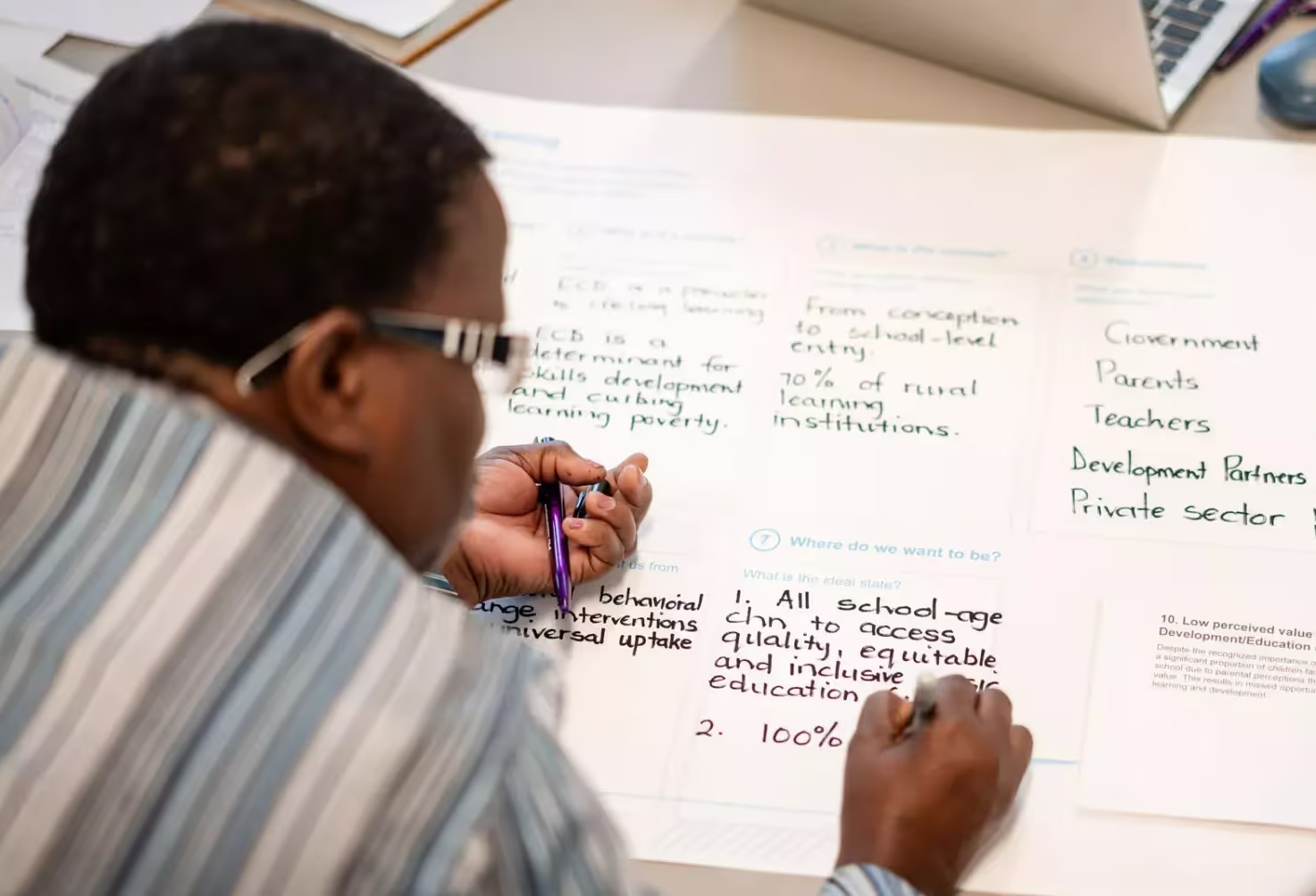Blockchain for Land Registry

Take for example what happened in Haiti, after the devastating earthquake back in 2010. While many countries and organisations did their best to help rebuild the nation, a major obstacle kept cropping up… there were thousands of plots of land where the rightful owner could not be identified, and in many instances ownerships were in dispute. These issues have had a big impact on recovery efforts, to this day. Construction projects have stalled, while government and contractors wait for ownership issues to be resolved. Business and homes that are desperately needed to help the citizens of Haiti get back on their feet are not being built. The current land registry system is rife with corruption and inefficiencies, and it is the unprotected citizens of Haiti that are suffering the most. In dozens of cities across the developing world, land registries suffer from similar problems. Many citizens simply don’t have confidence in the system. Some are unsure if they legally own a piece of land, even if they have a legitimate sale deed. Others who want to buy a piece of land are not sure if the seller legally owns it. In a situation like Haiti, where the disaster destroyed paper records, this would be avoided with blockchain. With blockchain, we have a chance to fix many of these problems. The solution we are building incorporates many key benefits of the technology, such as: an immutable history of transactional records, so no one can ever doubt the authenticity; records are permanently linked to the system so no one can ever tamper with or forge a record of their own; and these records can be seen by any party, at any time. It is powerful and validating. For the proof of concept, we’re leveraging the inherent benefits of the Ethereum blockchain, with a focus on smart contracts. This will create a single source of truth of ownership status, and history of a property. The buyer will be assured that the land being bought is the correct plot, and that the seller is unequivocally the owner, reducing the potential for disputes, as well as the costs and time involved, for any given transaction. So how does the proof of concept work? At a high level, it will capture and permanently record each transaction throughout the sale of a property. This means you achieve near real-time traceability and transparency into the state of the property. For example, envision two citizens in the state of Haryana state — a buyer and seller — who have negotiated the sale of a house and wish to now register their sale deed with the local authorities. They would proceed to the government services offices as they normally would to register the sale deed, which they have in their possession.


.avif)

